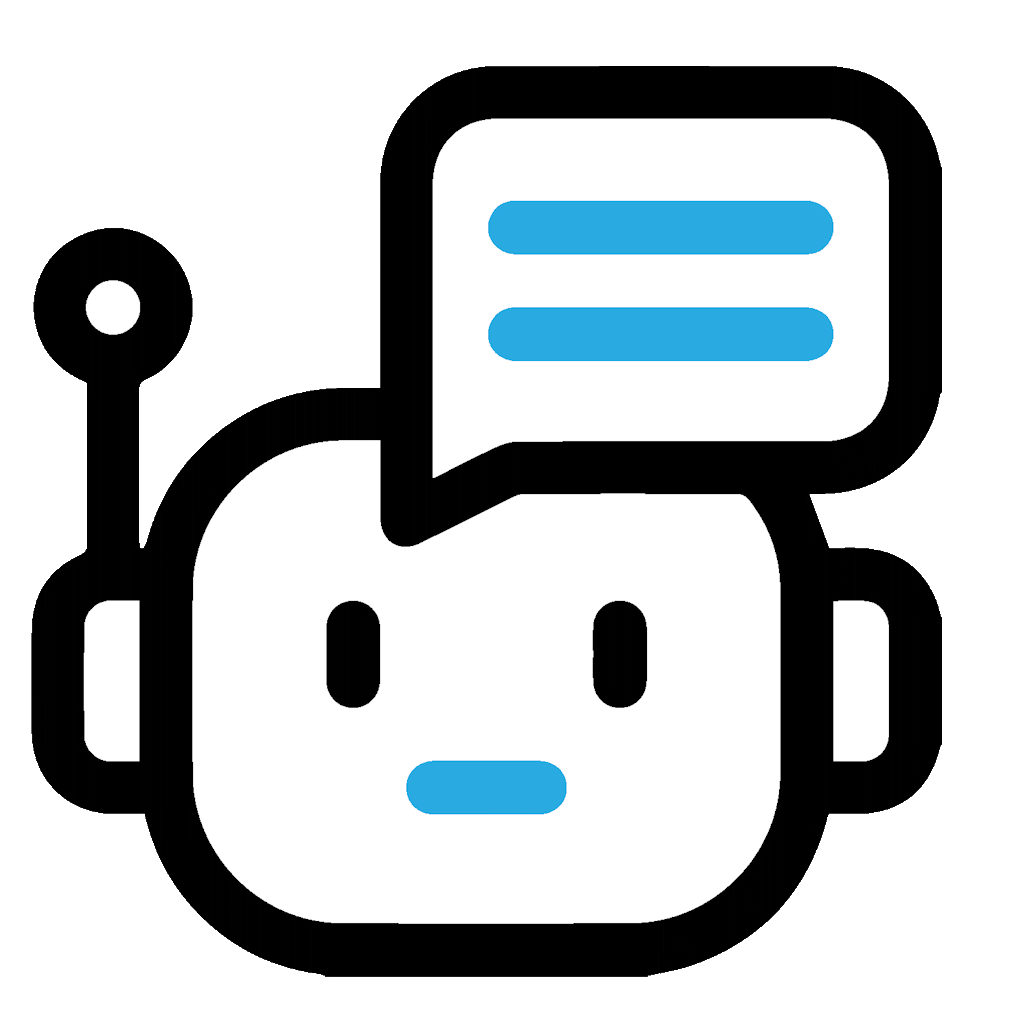Since the introduction of AI writing tools, the content writing industry has changes completely. With future advance AI writing trends, it has become a must for the writers to enhance their skills. AI has made more jobs and provided for a convenient way to rapid quality content.
Continuously improving AI skills helps writers adapt to the trends and keep themselves relevant to the times. There are specifically designed AI tools that ensure the quality and efficiency are met.
It is a bit difficult for writers to find all the tips and tricks to generate good AI content. This page lists almost all the important ways to improve your AI writing skills.
AI Tools for Writing Better
Writing today needs tools that help writers get better. Many AI tools can help improve writing skills. Tools like Grammarly and ProWritingAid check grammar and style. They help writers fix mistakes and give suggestions for clearer sentences. These tools save time and make writing better.
Fixing AI content takes a lot of work. Easy AI Checker can fix AI-generated content fast. It uses advanced algorithms for blog posts. The content it makes is well organized. It meets the needs of advanced SEO rules.
The benefits of these tools are easy to see. Grammar tools make writing better. AI writing assistants help writers work faster. Plagiarism detectors keep writing honest. Still, some people worry about using technology too much. Writers need to find a balance. They should use these tools and their own skills. Writers must remember to add their own style to their writing.
Improving Writing Skills with AI
Writers should try these options. Each tool has a purpose. These tools can help you make better drafts. Grammar checkers, AI assistants, and plagiarism detectors combine to support writing. Writers can grow with these tools. They can express their ideas well. In a world with much content, original pieces get attention. It is good to spend time finding the right writing tools.
- Personalized Feedback: AI tools give you feedback that fits your style. They analyze your text. They show you where to improve. This feedback helps you learn. Writers can become confident. AI shows better choices. You gain insights that increase clarity and engagement.
- Vocabulary and Phrase Expansion: Using AI helps you grow your vocabulary. Some tools suggest synonyms and better phrases. This helps you find words that match your tone. The perfect word makes sentences pop. It keeps readers interested. Writing with surprising words has a big impact. A stronger vocabulary can make simple ideas exciting.
- Guided Learning and Exercises: These exercises make you think differently. You can get prompts to inspire creativity. Writing challenges help develop your skills. AI makes tracking progress easy. You can see your improvement over time. By understanding your growth, you can set goals. Making learning fun helps you achieve more.

Increasing Productivity with AI
Adaptive learning with AI lets you move at your own pace. You do not rush. You take your time to master skills. The AI adjusts to your needs. AI helps you work on areas where you have problems. This special approach makes learning better. Your writing journey will be easier with AI.
You can explore all these strong features of AI. These tools can be your writing partners. They help you to grow and improve. Every writer has the ability to shine. The right support makes this possible. You should embrace the chance to be the best writer you can be.
Time Management: AI can change how writers manage their time. Many tasks take a lot of time. Formatting and grammar corrections can take valuable time. AI tools help to automate these tasks. This allows writers to focus on the ideas and content. They can create better drafts fast. With AI, writers can do more things in less time.
AI applications can help set deadlines and reminders, too. These tools keep writers on the right path. They can send messages when a deadline comes close. This helps writers stay responsible. When writers know they have to finish by a certain date, they work more efficiently. This can improve their overall performance.
Content Organization: Writers need to organize their ideas. AI tools like Notion and Evernote make this more easy. They can help make outlines and structures. Writers can see their projects clearly. This makes it easier to see how ideas flow. When content is structured good, readers understand the message better.
Some AI tools can even make outlines. This increases productivity. Writers can take the outline and fill in details faster. They do not have to start from zero. This means less time lost on planning. Writers can focus on making great content instead.
Research and Reference Management: Finding good sources can be hard. AI tools help writers find the right information quickly. They can search databases in a few seconds. This saves writers from spending many hours on research. AI makes the process more efficient. Writers find what they need with just a few clicks.
Once writers gather their research, they need to organize it well. AI tools help keep research findings arranged. They create folders or tags for easy reference. This means writers locate their notes without problems. Well-organized research helps better writing. It allows for deeper insights and more informed content.
How much easier can writing tasks become with the right tools? AI is changing productivity in ways many have not yet realized.
Ethical Considerations and Challenges
Writing with AI brings many benefits. It helps with productivity and improves work quality. However, complete dependence on AI tools creates issues. Writers must be careful. Over-reliance on technology leads to weaker personal skills. If writers only use AI, they stop growing. They need to find a balance. AI should support their writing, not replace their unique voice.
AI tools give helpful suggestions. They help with grammar, style, and structure. This saves time and makes writing easier. But writers should keep practicing their skills. They must write without AI sometimes. This practice builds confidence and improves individual style. Writers learn more when they rely on their imagination and creativity. Using AI can be helpful but should not become a crutch.
Authenticity and originality are important in writing. Readers want to hear a unique voice. AI tools give suggestions, but they do not replace personal touch. Writers must ensure the content reflects their ideas and emotions. It is important for writers to add their own flavor to AI-generated text. Writing should connect with readers in a genuine way.
There are also concerns about ownership. When people use AI, questions about who owns the work can come up. Writers must know about this situation. It is unclear who made what if AI writes a lot of the text. This causes problems with copyright and authorship. Writers must learn the rules about AI-created content. They need to protect their own ideas and works.
AI can help writing processes, but it is important to know about these problems. Finding a good balance will make personal creative skills strong. Writers should use their own voices. They should think about what makes their writing special. AI is a tool, not a substitute. The magic of writing comes from inside each writer.
Conclusion
AI tools change writing very much. They improve their skills and save money. Writers use grammar checkers to correct mistakes. These tools help make sentences better and clearer. AI writing helpers give useful support. They create new ideas and help with writer’s block. This way, writers can pay more attention to their thoughts and creativity. Plagiarism-checking tools make sure writers keep their work original. Writers can feel sure about their content when they use these tools.
In this quick-moving world, writers have a choice. They can welcome AI and let it improve their work. However, they must remember how important their voice is. The mix of technology and human creativity can create new chances. Writers need to ask themselves how they can use AI as a tool. AI should not be a crutch. Writing is about growth and exploration. A writer asks what kind of writer they want to be. This answer will shape the evolution of their craft.

